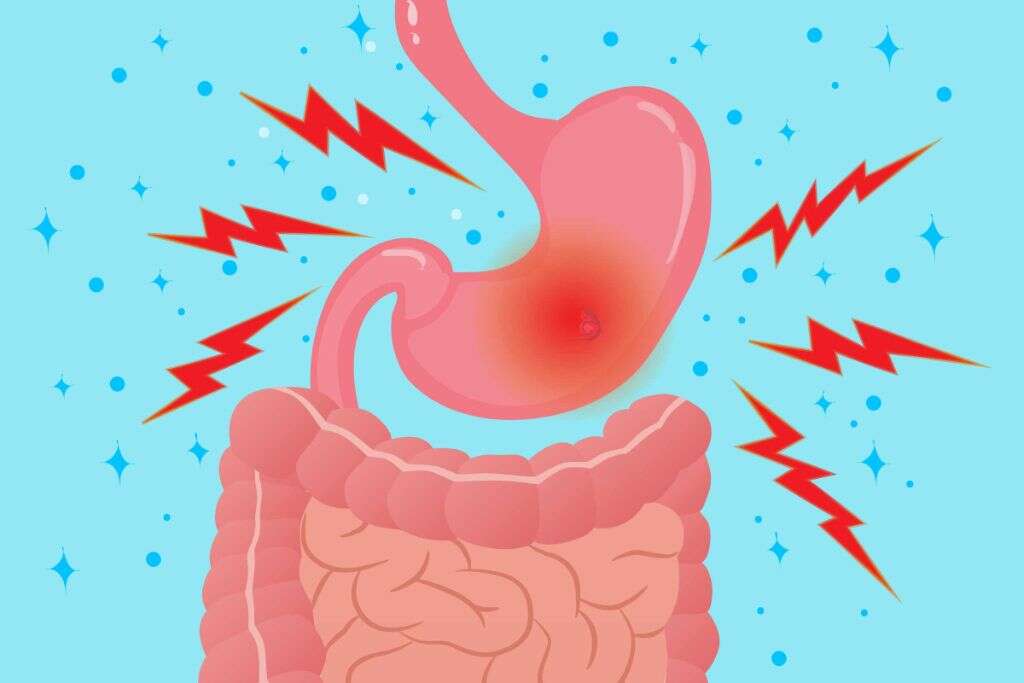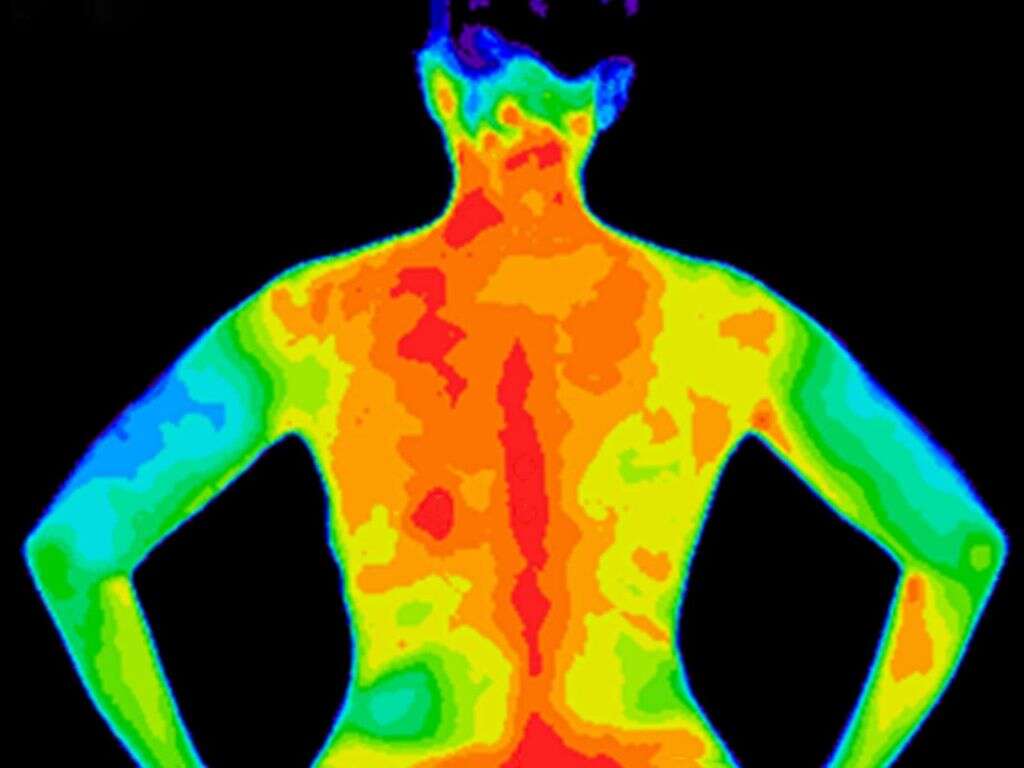What Are NSAIDS?
Drugs are very common nowadays. Indeed, most households will have some type of drug in their medicine cabinet ready to be used when needed. Many are very affordable and readily available, with many not even needing a prescription from a doctor.
Among the most common type of drugs used today are NSAIDs, and you probably have some in your own home somewhere. They work by helping to reduce inflammation and, as their name suggests, they do not contain any steroids. It is a good idea to know more about what these drugs are and how they work, along with other information such as how to use them safely.

1. NSAIDs
NSAIDs stands for non-steroidal anti-inflammatory drugs. They are a common type of drug and are often used to reduce a fever, reduce inflammation, and relieve pain. They tend to be the first solution that people turn to when they are suffering from common conditions like headaches, colds, the flu, period pain, arthritis, and sprains and strains.
Many types of NSAIDs are available over the counter at a regular drug store and a prescription is not usually needed. They will usually only have mild side effects, if any, but all drugs should be used with necessary caution. Not all NSAIDs are suitable for everybody.

2. COX-1
NSAIDs help to prevent certain enzymes from having an effect on the body. They focus on the cyclooxygenase enzyme, also known as COX, and this enzyme has 2 types, COX-1 and COX-2. COX-1 is an enzyme that helps to protect the stomach lining from stomach juices that would otherwise be corrosive to the stomach. COX-1 also helps the kidney to function properly.
Some NSAIDs will block the COX-1 enzyme in particular. While these can help to reduce inflammation, they can cause unwelcome symptoms with the digestive system. Common types of these include ibuprofen and paracetamol, which will inhibit COX-1 as well as COX-2.

3. COX-2 NSAIDs
The Cox-2 enzyme is responsible for triggering inflammatory responses in the body, and it is inflammation that is the source of a lot of pain. The main purpose of most NSAIDS is to block the COX-2 inhibitor, but many types also block the COX-1 inhibitor also.
COX-2 NSAIDs are a more specialist variety of NSAID because they do not inhibit the COX-1 enzyme. This, in turn, means that they don’t always cause some of the side-effects that other types of NSAID do. COX-2 inhibitors are not always without symptoms, and they are not suitable for people that have heart conditions.

4. Types of NSAIDs
As mentioned, many types of NSAID can be purchased from a drug store or similar without a prescription, but other types will need a prescription from a doctor. You will also find a wide range of brand names selling different types of NSAIDs. Many of these products will contain the same ingredients and will do essentially the same thing.
NSAIDs also come in different forms. For example, there are suppositories, gels, creams, capsules, and injections. Perhaps the most common type of all are tablets that are to be taken orally. Which one is used will depend largely on what they are being used to treat.

5. Who Can Use NSAIDs?
As mentioned, NSAIDs are among the most common of all types of medication. A lot of people will have various types at home, ready to use whenever they get a headache or other symptom that is uncomfortable for them. Having said that, not everybody is able to use NSAIDs completely safely.
Examples of people that should be careful when using NSAIDs include people that are over 65 years old. People that are pregnant should also be careful when using them, in addition to women that are breastfeeding. People that are suffering from certain medical conditions will also need to be careful. If you are unsure, you should always ask a medical professional first.

6. Side Effects
One reason that NSAIDs are so commonly used is that they produce few side effects in most cases. That does not mean to say, however, that there are no side effects at all. As already mentioned, those that inhibit the COX-1 enzyme can result in a number of unwelcome symptoms of the digestive system.
Some patients might be given additional medication to help protect the stomach from its own corrosive juices. Other symptoms of NSAIDs include headaches, dizziness, and drowsiness. In rare cases, problems with certain organs can arise and the circulation can be affected. Some people might also have allergic reactions to the drug.

7. Interactions With Other Drugs
Whenever you are taking any medication it is always important to be sure that it is not likely to react badly with other types of medication. If you take the wrong ‘cocktail’, then you might end up with some very serious problems indeed.
NSAIDs such as warfarin and aspirin, for example, will cause the patient’s blood to become thinner. If this side effect is combined with the side effects of other drugs then it can end up being a serious condition for the patient. As always, professional medical advice should always be followed, and your doctor should be told as soon as there is a problem.

8. Food and Drink
Generally speaking, it is not necessary to avoid certain foods or alcohol when using NSAIDs. Regardless, it is always a good idea to check beforehand to be on the safe side. If you purchased your NSAIDs from a pharmacy then you should find this information on the packaging or an information leaflet that came with the product.
You can also find information on specific drugs on the internet. It is usually even OK to drink alcohol with NSAIDs without experiencing any dangerous side effects. Alcohol can irritate the stomach, however, potentially causing some discomfort when drank alongside NSAIDs that inhibit the COX-1 enzyme.

9. Alternatives
Some NSAIDs have the potential to cause some problems for certain people. In which case, it is best to avoid giving them medication, or at least provide an alternative if medication is necessary. Instead of using drugs like ibuprofen or aspirin, for example, it may be possible for the patient to use paracetamol instead.
Paracetamol may not be as ‘strong’ as a painkiller, but it can at least help to reduce the severity of pain. You should always let a medical professional know about any problems that you have with certain medications if they are being prescribed for you.

10. Overdoses
Although NSAIDs can be considered to be among the ‘milder’ drugs, that does not mean we can throw caution to the wind when using them. Too much of anything is potentially dangerous for you, so it is important that you don’t overdo it.
Symptoms that you should watch out for include a severely upset stomach, difficulty breathing, loss of consciousness, and seizures. If you do know somebody that has had a severe reaction to an overdose then they should be found emergency medical assistance. To avoid an accidental overdose, make sure you stick to the dosages that are recommended by professionals.












